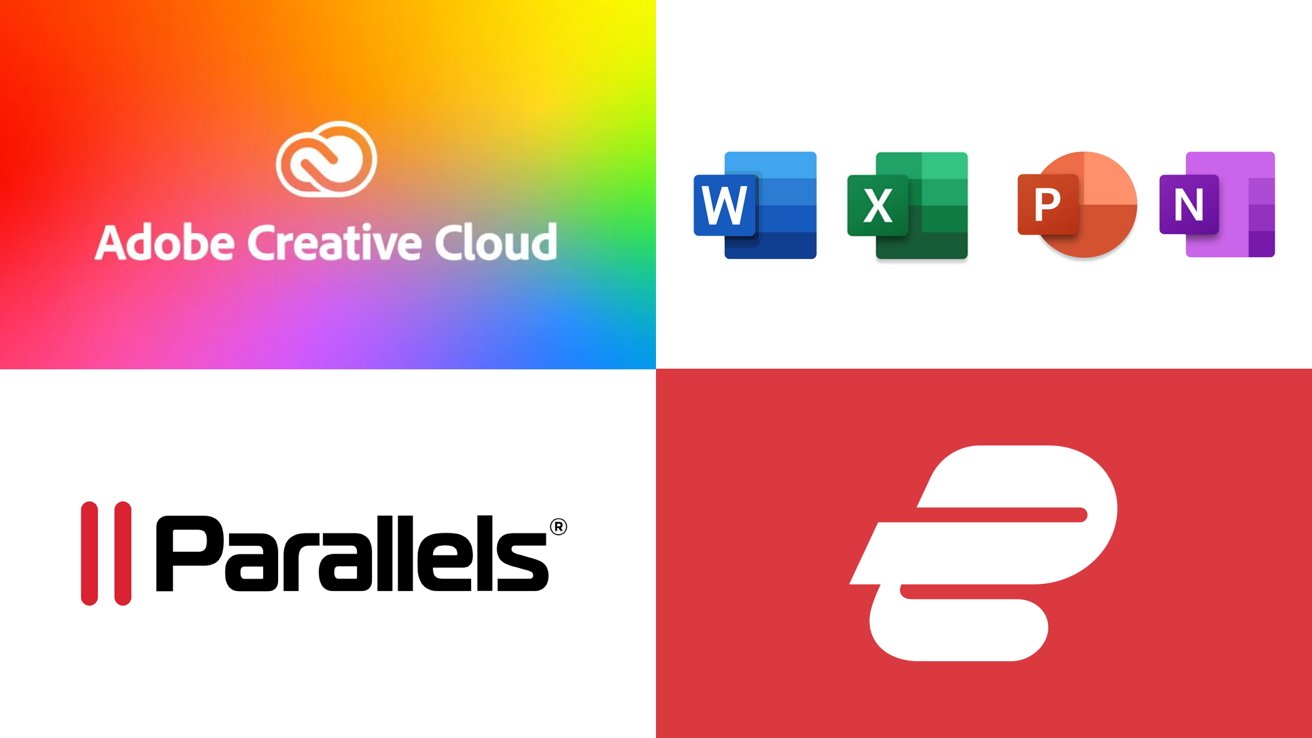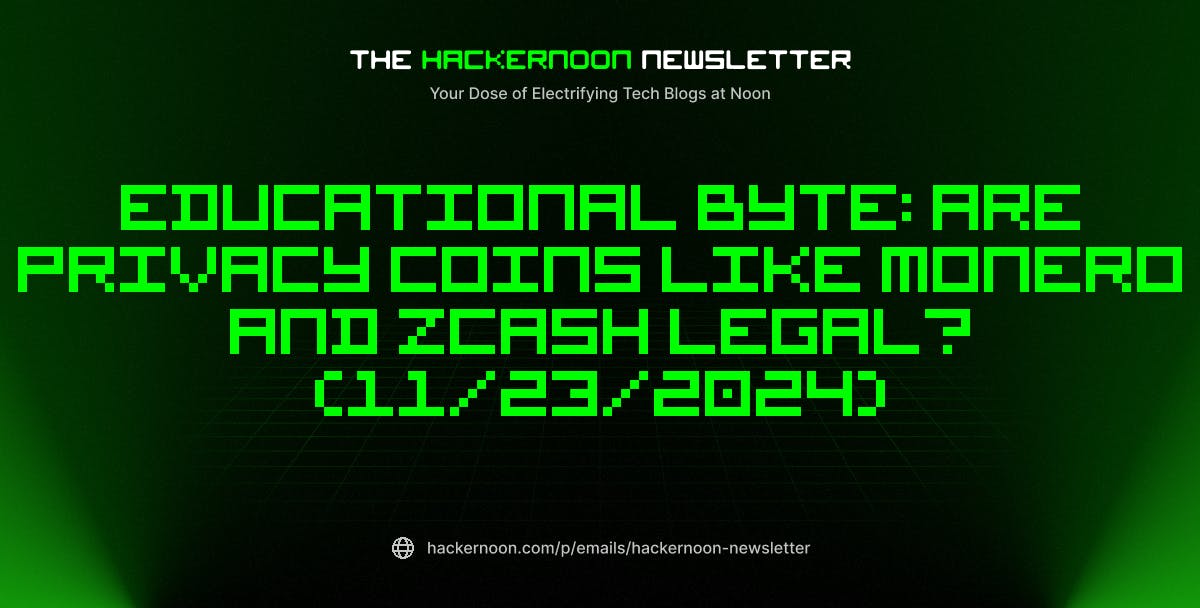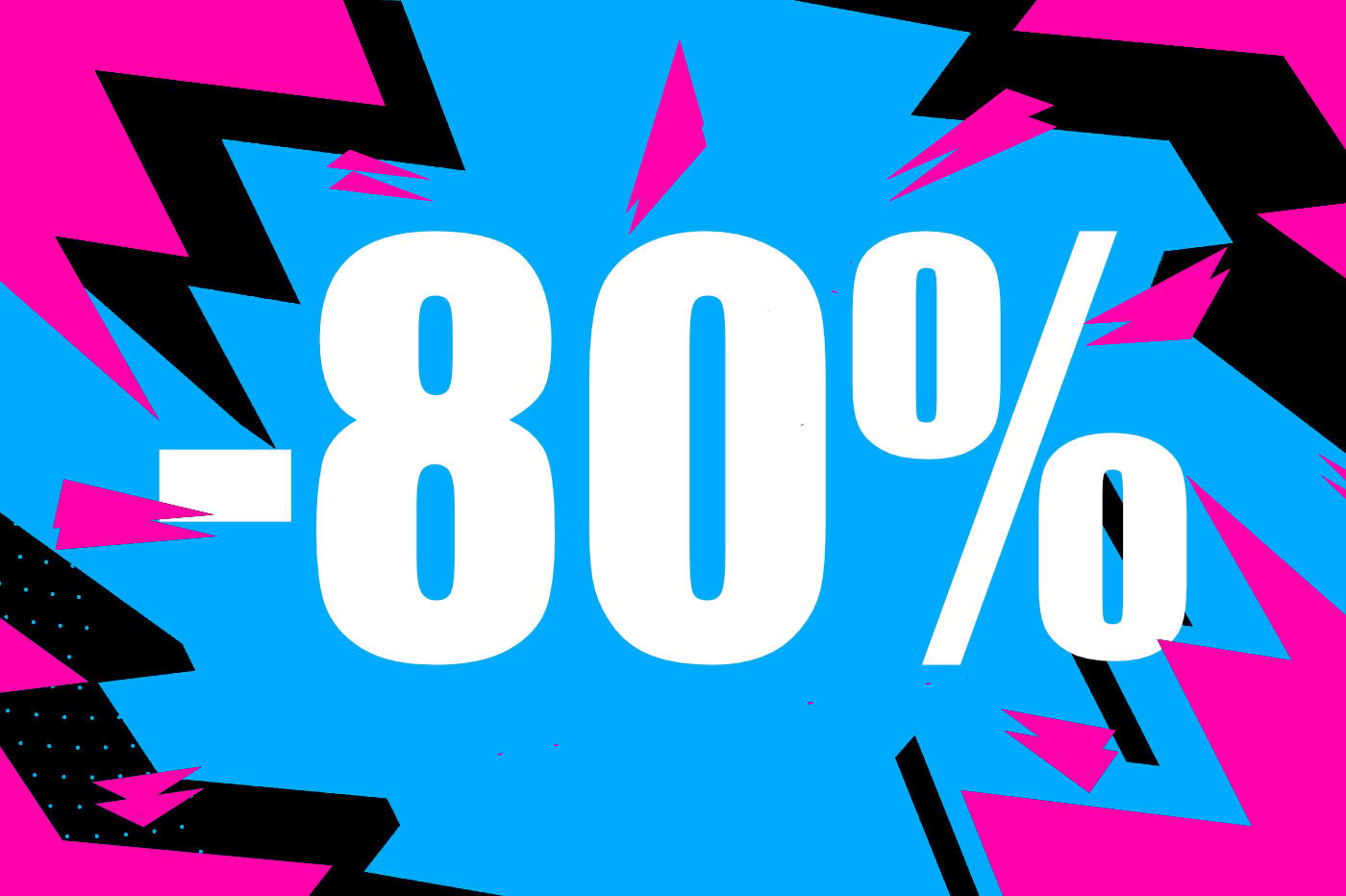He The European Court of Justice has ordered Apple to pay 13 billion euros of euros in back taxes in Irelandwhich is undoubtedly a major setback for the company after winning the appeal of the case in a lower court in 2020, which overturned a ruling condemning Apple to pay said taxes in 2016.
Now, this higher court has upheld the 2016 ruling, stressing that “Ireland granted Apple illegal aid which Ireland must now recover«The sentence is also final and cannot be appealed.
It is another victory for the Vice-President of the European Commission, Margrethe Vestagerwhich was the first to bring the case to court, alleging that Ireland had offered the technology multinational a deal that constituted “illegal state aid“, since it exempted him from paying a large sum of taxes.
Vestager, who has been tough on big tech companies that have engaged in what she calls anti-competitive behaviour, has acknowledged that the situation where countries like Ireland sign deals to attract companies to their territory is not new. But she has pointed out that in this case it was not a fair situation for other countries. Even though Apple and Ireland had approved the terms of the agreement between the two parties, the EU had already pointed out that the agreement did not fit with economic reality and was illegal state aid.
For her, the sentence “It marks a step forward, and it encourages us. It encourages us to do more. The Commission will continue its work against harmful tax competition and against aggressive tax planning. Both in terms of legislative proposals and in their enforcement. We will implement what we have decided.«.
The case concerns the way Apple paid taxes in Ireland between 1991 and 2014. Essentially, Ireland allowed Apple to sell products in Europe, book the profits in Ireland, and then send the profits to local EU offices that existed largely on paper, leaving almost no profits to tax in Ireland.
As a result of the split system proposed in the tax regulations agreed between Ireland and Apple, the company only paid corporate tax, which fell from 1% in 2003 to 0.005% in 2014, on the profits of Apple Sales International.
Apple has stressed that “This case has never been about how much tax we pay, but rather about which government we have to pay it to. We have always paid all the taxes we owe, no matter where we operate, and there has never been a special agreement«.
Vestager has been the EU’s top competition watchdog for over a decadeand is expected to leave her post in the coming months. However, it remains to be seen whether the European Union appoints her replacement to relax its stance towards big technology companies, which it has been pursuing for years to prevent anti-competitive behaviour and late or non-payment of taxes, or whether it continues along the lines set out by the commissioner.









